The policy system is led by the Head of the Policy Profession, Ben King, Chief Executive of the Department of the Prime Minister and Cabinet. He is supported by the Policy Profession Board, the Policy Project team, and the Tier 2 Policy Leaders’ Network.
The relationships between the different elements of policy system leadership are outlined in the diagram below.
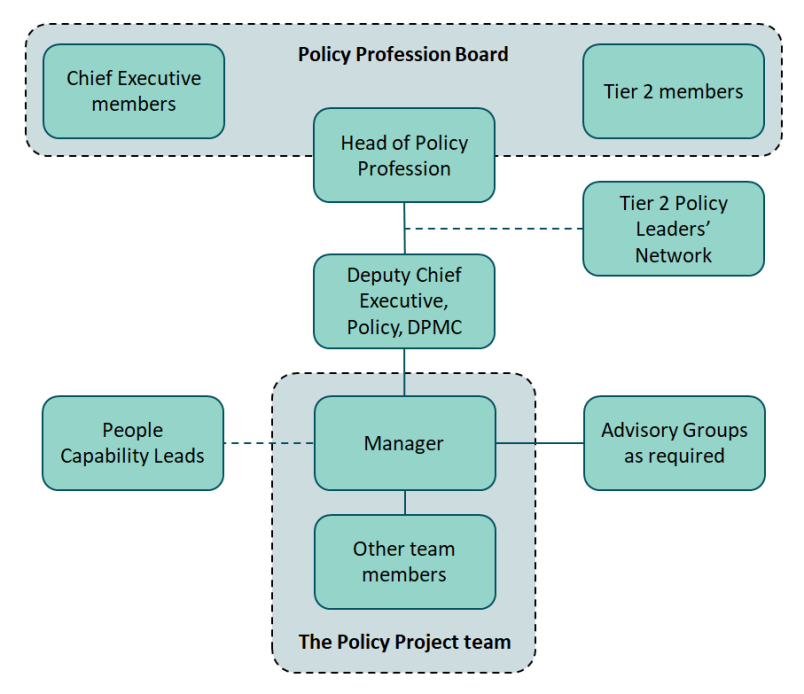
The Head of the Policy Profession
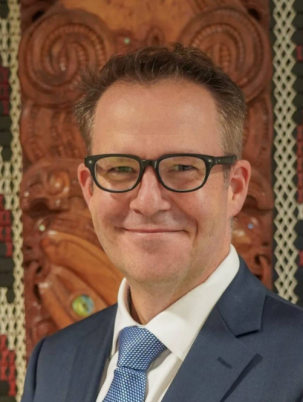
Ben King is the Head of the Policy Profession, and Chief Executive of the Department of the Prime Minister and Cabinet.
As Head of the Policy Profession, Ben is responsible for improving the capabilities, systems, processes, and standards of the policy system, and thereby helping improve the outcomes they contribute to. These include higher quality policy advice, better government decisions, and better outcomes for people in New Zealand. Responsibility for the content of advice on specific policy issues remains with relevant government departments and their chief executives.
The Head of the Policy Profession’s role is to:
- build collective ownership of the policy system, the desired future state and a programme of reform activities
- build an active community of practice and network of policy leaders
- encourage a collective approach to improving policy capability
- facilitate sharing of good practice and knowledge between agencies to develop common standards and/or system ‘centres of expertise’
- encourage joined-up policy processes to support collective impact
- enable ministers and agencies to better leverage the scale, expertise, and resources of government’s policy function
- build a baseline of performance information and track improvements in the policy system over time
- potentially broker all-of-government procurement related to policy capability (e.g. policy training).
The Policy Profession Board
The Policy Profession Board supports the Head of the Policy Profession – the policy system leader. The Board does this by:
- acting as a sounding board for system policy capability and quality issues
- being champions for joined-up efforts to improve the policy system
- governing and overseeing the Policy Project’s work programme
- providing guidance on significant challenges and opportunities to lift policy capability and performance across the system and within agencies.
Board members are experienced senior leaders with responsibilities for leading, managing, and stewarding policy, both collectively and within their agencies. The Board meets every six weeks.
Current Policy Profession Board members are:
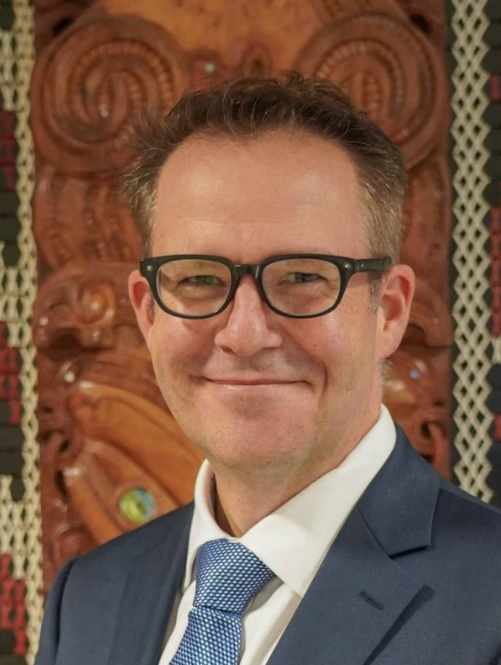
Ben King
Chief Executive
Department of the Prime Minister and Cabinet

Paul James
Chief Executive and Secretary for Internal Affairs
Department of Internal Affairs
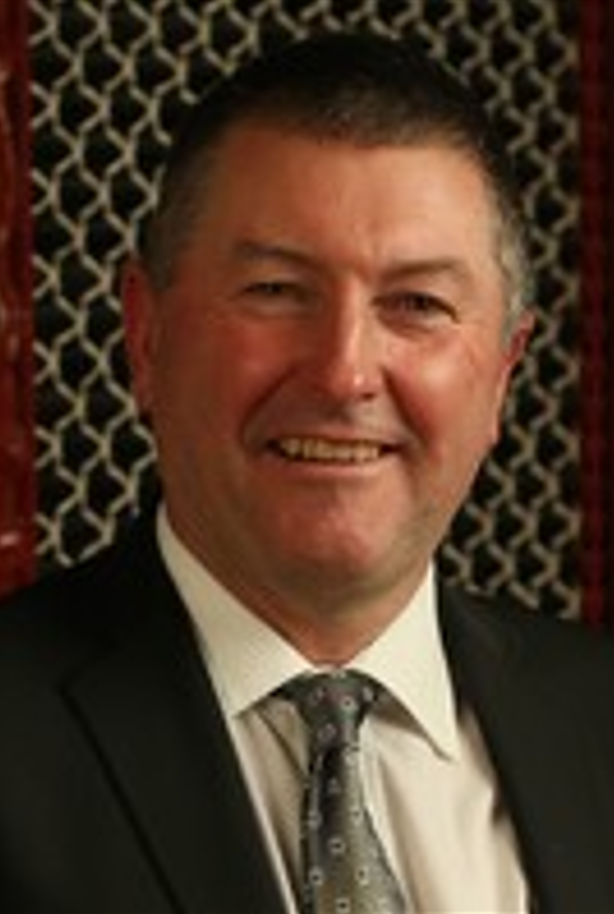
Struan Little
Deputy Chief Executive and Deputy Secretary, Budget and Public Services
The Treasury
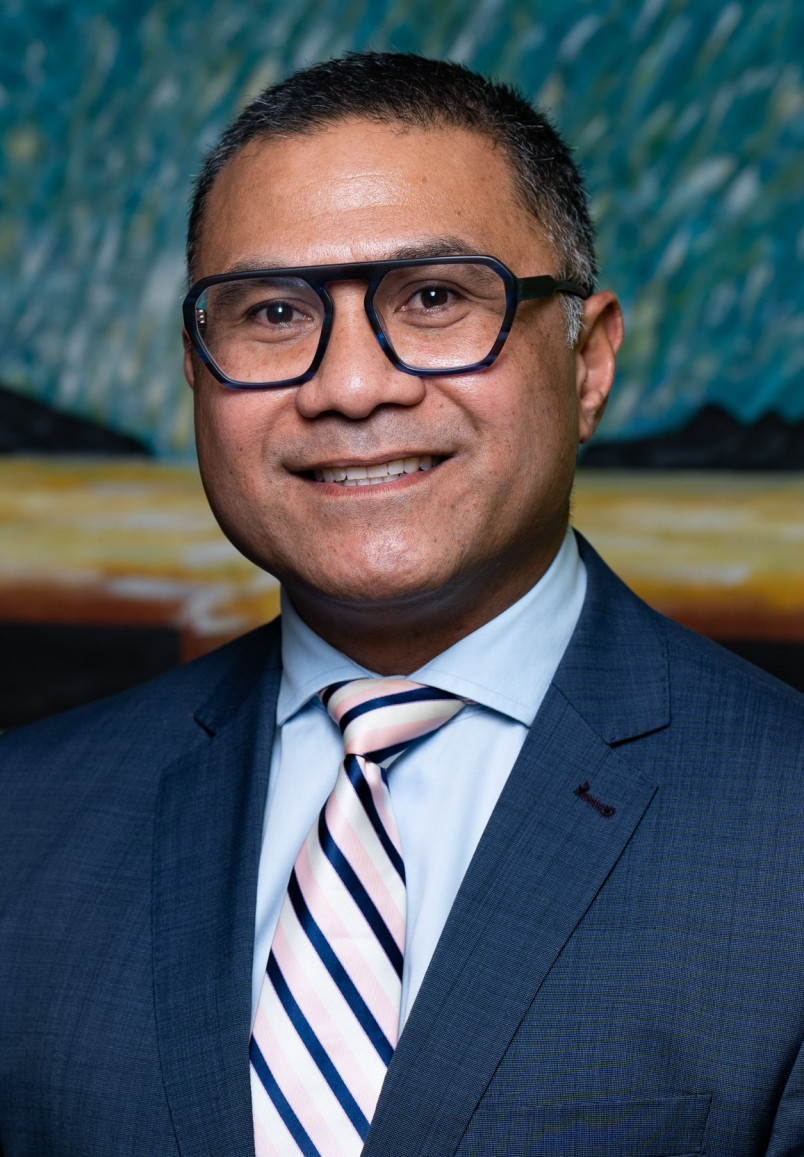
Laulu Mac Leauanae
Chief Executive and Secretary for Culture and Heritage
Ministry for Culture and Heritage
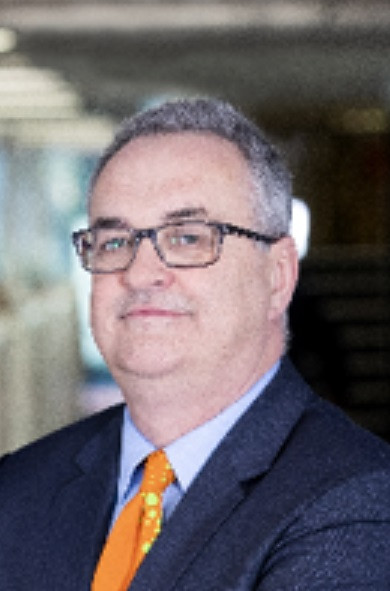
Simon MacPherson
Deputy Chief Executive, Policy
Ministry of Social Development
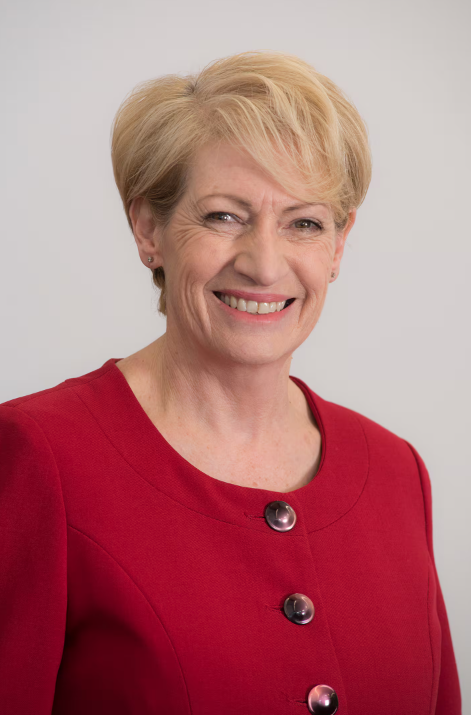
Carolyn Tremain
Chief Executive
Ministry of Business, Innovation and Employment

Penny Nelson
Director-General
Department of Conservation
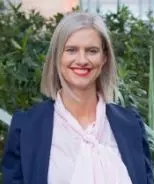
Deputy Chief Executive, Policy
Department of the Prime Minister and Cabinet
Tier 2 Policy Leaders' Network
The Tier 2 Policy Leaders’ Network is made up of deputy chief executives with policy responsibilities from every Public Service agency. The Network’s monthly meetings are chaired by Peter Mersi, Head of the Policy Profession.
The scope of the matters included in Network meeting agendas include:
- regular updates on matters of common interest
- sharing information at key points in the governmental and electoral cycle
- providing feedback on Policy Project initiatives and funding, and championing agency-based and system-wide policy improvement initiatives.
Policy Capability Leads
Policy Capability Leads are people nominated by their agency to lead work on improving policy quality and capability.
The Policy Project hosts workshops with Policy Capability Leads to discuss agency experiences using the Policy Project’s frameworks, seek input to new work, and identify promising practices in agencies that others could implement.
